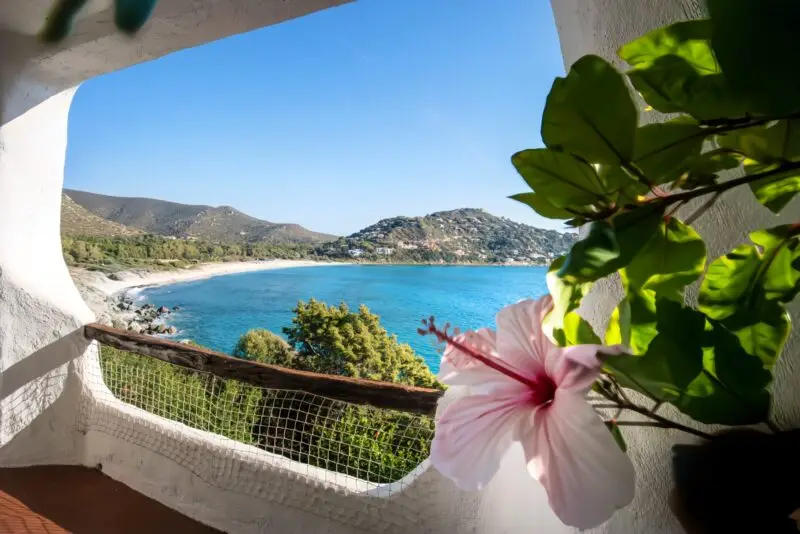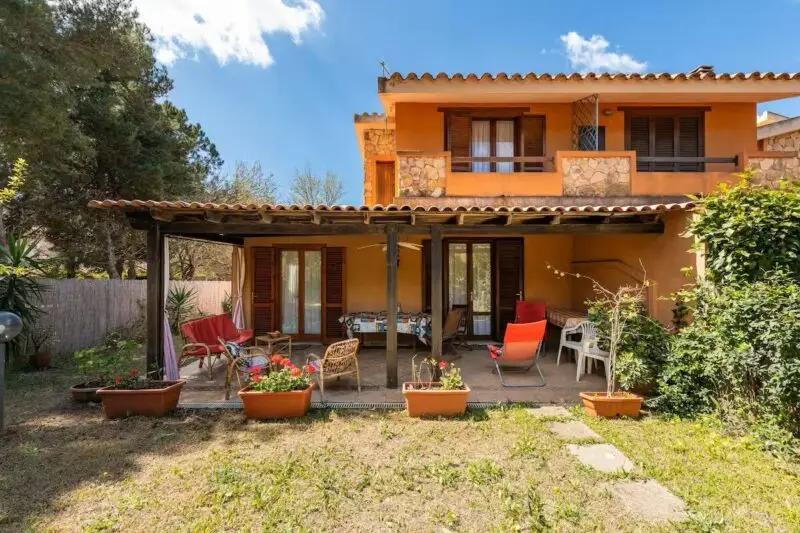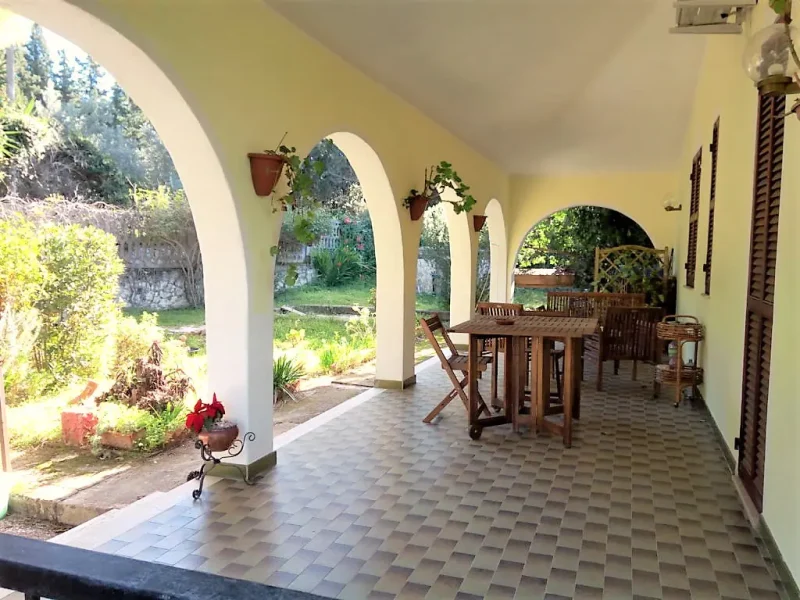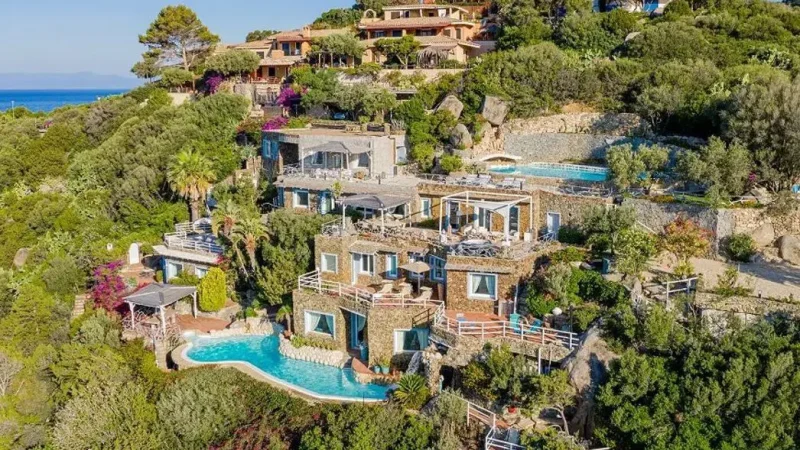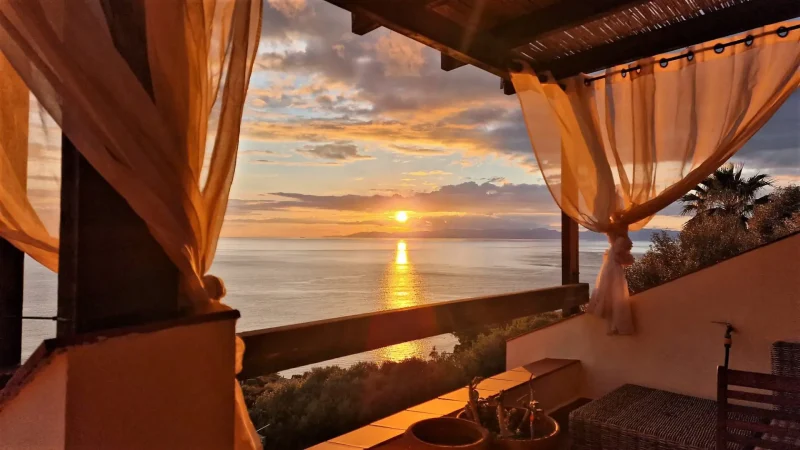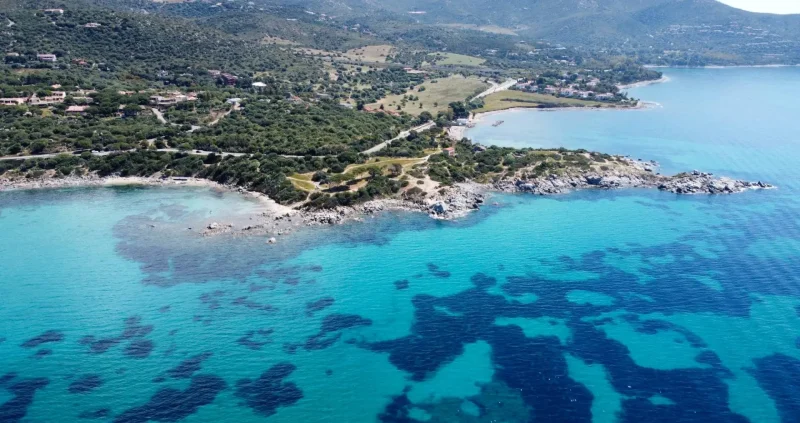Sardinia is a great location to invest in a holiday home, you can use it yourself and then offer it for short-term rentals on sites like AirBnb or HomeAway when not there. Add that the weather is excellent for much of the year and with a long summer season, it can also make great financial sense instead of leaving it empty.
With an average 2 bed property commanding upwards of 120 EUR a night, you could have gross annual earnings of well over €10,000 EUR if renting for the peek 4-month summer period.
Having said that you also need to be aware of your legal requirements, as Italy’s rental sector is heavily regulated, the rules change all the time and are different from place to place.
Short-term property rental requirements in Sardinia?
In Italy the amount of red tape you must navigate is world renowned and property rental is no exception. It is also the reason why Co-Hosting services that we offer at AJO are so popular as we do much of this for you.
Just to give you an idea, most municipalities in Sardinia require you to inform them you are starting a short-term rental business by submitting a ‘segnalazione certificata di inizio attività‘ or SCIA.
You will also be required that you report statistics about the number of guests you have hosted on a monthly basis. It is also a legal requirement to submit your guests’ identity documents within 24hrs of check-in and to provide every guest with a written short-term rental contract which is signed by both parties.
It gets more complex as you offer more services. If you have more than one property, or offer extra services like tours or meals, then it can change how your accommodation is classified and may meen additional paperwork.
In Sardinia, you are not allowed to offer more than three rooms and twelve beds.
What about TAXS?
Income tax
When it comes time to pay taxes you declare any rental income as part of your overall income for the year. This means you’ll pay somewhere between 23% and 45% tax on your income at year’s end.
Certain expenses, like renovations and running costs, that go into the business can also be deducted.
However there’s also the option for a fixed rate of 21% tax on short-term rental income called ‘cedolare secca‘. With this rate you cannot deduct any expenses and are taxed on the full amount of the rental fee.
For some this may still be advantageous if your tax rate is already much higher than 21%, but for others you should consider this payment as a prepayment on your own tax and calculate your tax only on the profit you make.
In either case as a co-hosting provider we are requiered by law to send 21% tax to the government directly from the income we recieve on your behalf whichever tax option you choose.
Another option is to become a legally incorporated business and charge VAT on your rentals. But also comes with a lot more paperwork like any business.
Tourist tax
A number of municipalities have now added a local tourist tax to the cost of a stay, this is typically just a few euros per night, per guest but depends on where your property is located, another thing we deal with on your behalf.
By choosing to Co-Host with AJO we can deal with much of this bureaucracy on your behalf and we keep an eye on the ever-changing situation so you don’t fall foul of any changes to regulations.
SO, whats next?
AJO is here to make this process simple, contact us to find out about all of the co-hosting services we offer. We’ll make renting your property as easy as possible and avoid the headaches and uncertainty.

